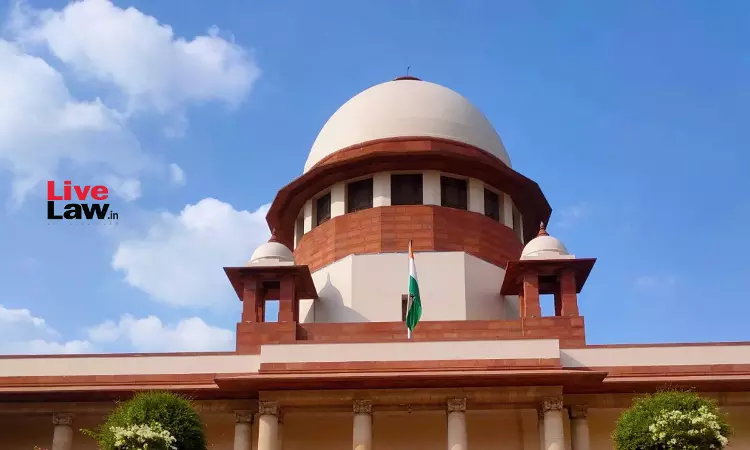The Supreme Court recently held that no title could be transferred with respect to immovable properties on the basis of an Agreement to Sell or on the basis of a General Power of Attorney. A bench of Justice Vikram Nath and Justice Rajesh Bindal observed as thus: “...no title could be transferred with respect to immovable properties on the basis of an unregistered Agreement to Sell or on...

